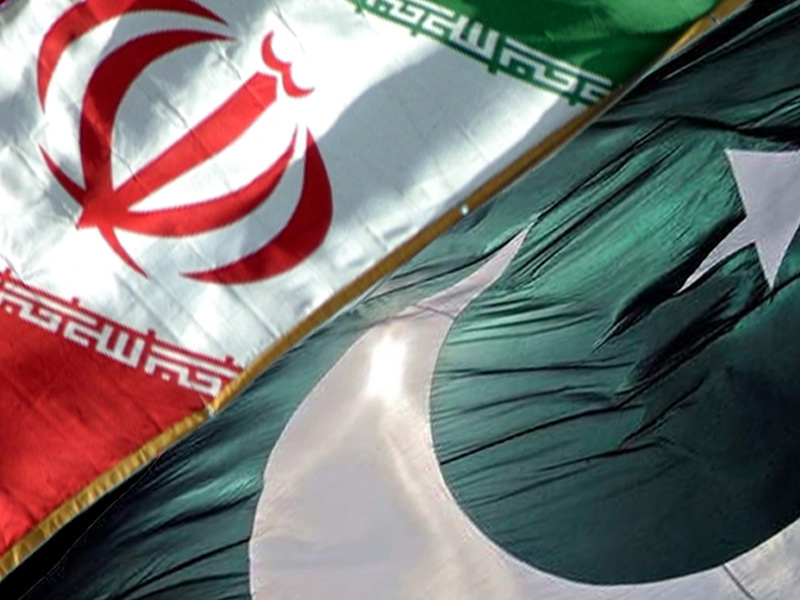
Pakistan and Iran have been quietly working to evolve a new mechanism preventing the recurrence of events of the last week that for a moment jeopardise their longstanding relationship.
Official sources told The Express Tribune on Sunday that the two countries might have agreed to de-escalate tensions but were aware of the rupture the tit-for-tat missile attacks caused to the bilateral ties.
Pakistan is busy assessing the situation and trying to find answers as to what prompted Iran to conduct missile strikes. One source said that the two countries were pulled from the brink, but it would take some time before the bilateral ties were put on track.
The key concern is how the crisis would shape the future ties between the two countries.
It would be an understatement to say that the Iranian missile strikes put the bilateral ties at stake, the source added.
Read more: Jilani speaks to Iranian counterpart to defuse tensions
According to sources, Pakistan is carefully analysing the situation to understand the long-term implications of the crisis that was dealt with quickly as far as de-escalation was concerned.
Pakistan and Iran may often boast about the "friendly and brotherly" relations but underneath does exist certain issues that cause suspicion in both the capitals.
At the heart of the problem are the concerns both sides often expressed privately about the use of each other’s soil by certain terrorist groups.
Pakistan has longstanding concerns that Baloch terrorist outfits find refuge across the border in the Sistan-Balochistan province of Iran. Tehran on the other hand pointed a finger at anti-Iran militant groups such as Jaish al-Adl having hideouts in Balochistan province in Pakistan. Iran gave the same justification for carrying out cross-border missile strikes under the pretext that it was aimed at Jaish al-Adl hideouts.
Read more: De-escalation imminent as friends engage in hectic diplomacy
Pakistan, in retaliation, conducted strikes and pounded with bombs what it said were the sanctuaries of Baloch terrorists. Iran admitted that those killed in Pakistani strikes were not Iranians.
The problem of these militant groups existed for many years and has been the cause of friction between the two neighbours, though Iran and Pakistan tried to downplay the crisis in the past.
In order to avoid any hiccup, the two countries in recent years undertook several measures including fencing the border, better coordination between the two border security forces and frequent high-level exchanges.
That was the reason Pakistan was baffled by the fact that Iran opted for missile strikes despite having existing bilateral mechanisms to discuss and resolve such issues.
However, the Iranian strikes made those bilateral arrangements irrelevant for the time being.
In the aftermath of the tit-for-tat attacks, Pakistan is keen to work with Iran on a new arrangement that prevents such incidents in the future. One proposal is to strengthen the existing mechanisms to enhance cooperation in the fight against terrorism. Instead of violating each other’s sovereignty, the two countries may deepen intelligence cooperation, according to sources.
These proposals would be discussed during the engagements between the two countries. Foreign ministers of Iran and Pakistan spoke twice since the tit-for-tat attacks and agreed to work closely to deal with the matter.
It is expected the two foreign ministers may take reciprocal visits to each other’s countries to discuss the way forward.
Pakistan, on its part, has no intention to escalate tensions. The National Security Committee (NSC) in its meeting on Friday carefully used language to send a message of conciliation and cooperation.
The high-powered civil military forum termed the tit-for-tat attacks as "minor irritants." This, according to sources, was done purposely to avoid any further escalation.
Iran too, after Pakistan's retaliatory strikes, toned down its rhetoric. Tehran stressed that it was adhering to the policy of friendly ties with Islamabad and that no external enemies could strain their cooperation.

















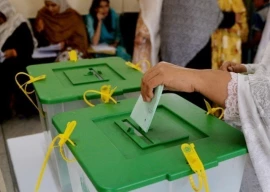



1716056648-0/IMG-20240512-WA0013-(1)1716056648-0-270x192.webp)


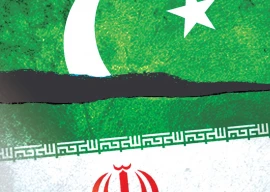



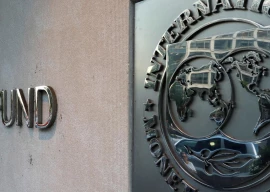

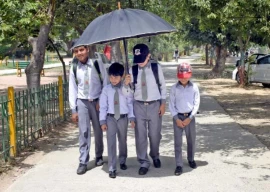






COMMENTS
Comments are moderated and generally will be posted if they are on-topic and not abusive.
For more information, please see our Comments FAQ